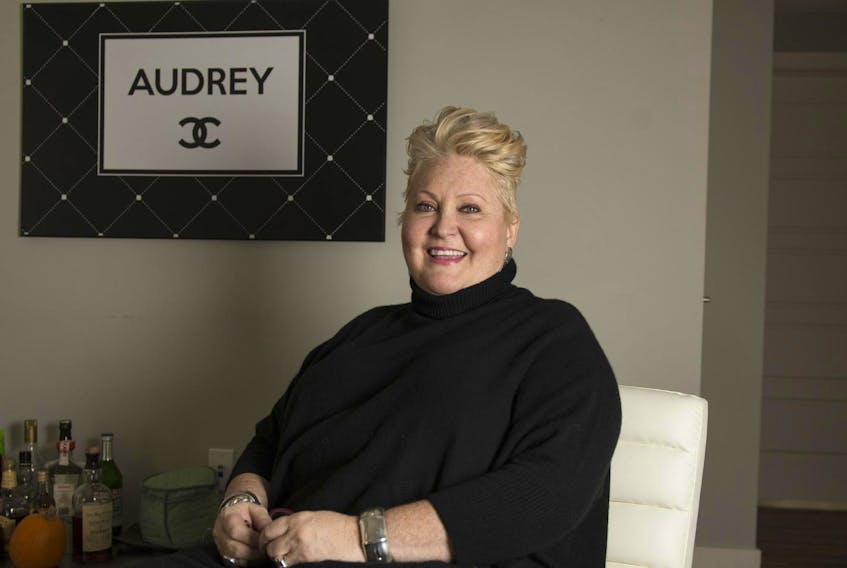If you wanted some say on the federal government’s right-to-die legislation, your window of opportunity is rapidly closing.
Ottawa is faced with a March deadline to revamp the law to conform with a Quebec court decision that struck down the law as violating the Charter of Rights guarantee to life, liberty and security of the person.
The Quebec decision imparted some urgency to the process even though the Trudeau government was bound by law to review the legislation this year.
So Justice Minister David Lametti opened a two-week public consultation period that ends this coming Monday, Jan. 27. Anyone can fill out a questionnaire posted online by the government at the Department of Justice’s website.
Lametti says his government intends to table the new bill in February, which is rapid indeed by Ottawa’s standards. He hasn’t ruled out asking for an extension on the deadline.
More than 6,700 Canadians have chosen to end their life under the law’s provisions since it took effect in 2016 and more than 150,000 Canadians have answered the survey so far.
The last section of the questionnaire refers to final consent, the issue raised by Audrey Parker’s case.
Parker received medical assistance with her death in November 2018, but not before her heartfelt plea made national news. Her cancer could not be cured, but she could not be certain that she’d have the capacity to grant consent at the last moment, as the law required.
She felt the requirement for last-minute consent was cruel, punishing those who might lose their capacity to give consent before medical help with death could be carried out.
A parliamentary committee will review the law this summer, and will consider input from the survey as well as three independent reviews from the Council of Canadian Academies: requests by mature minors, which refers to people under 18; advance requests, which was Audrey Parker’s situation; and requests by individuals suffering exclusively from mental illness.
These are all very sensitive issues in a brand-new area of policy development. Open the door too wide and you might end up with not enough safeguards. Restrict access too much and a court might decide, as the Quebec court did, that the law is unfair or unconstitutional, and then we’re back to the drawing board.
A slow, cautious approach is best. Canada deserves a law that provides access to medically assisted death to as many people as possible, while preserving enough safeguards to prevent abuse. Where that line is drawn will require the wisdom of Solomon, or at least that of a parliamentary committee taking a very serious issue very seriously.
At a minimum, Audrey Parker’s plea should be heeded. People with a terminal diagnosis should be able to make arrangements ahead of time so that if they become incapacitated, their wishes can be carried out without having to worry about whether they’ll be able to grant consent at the last moment.
RELATED:









